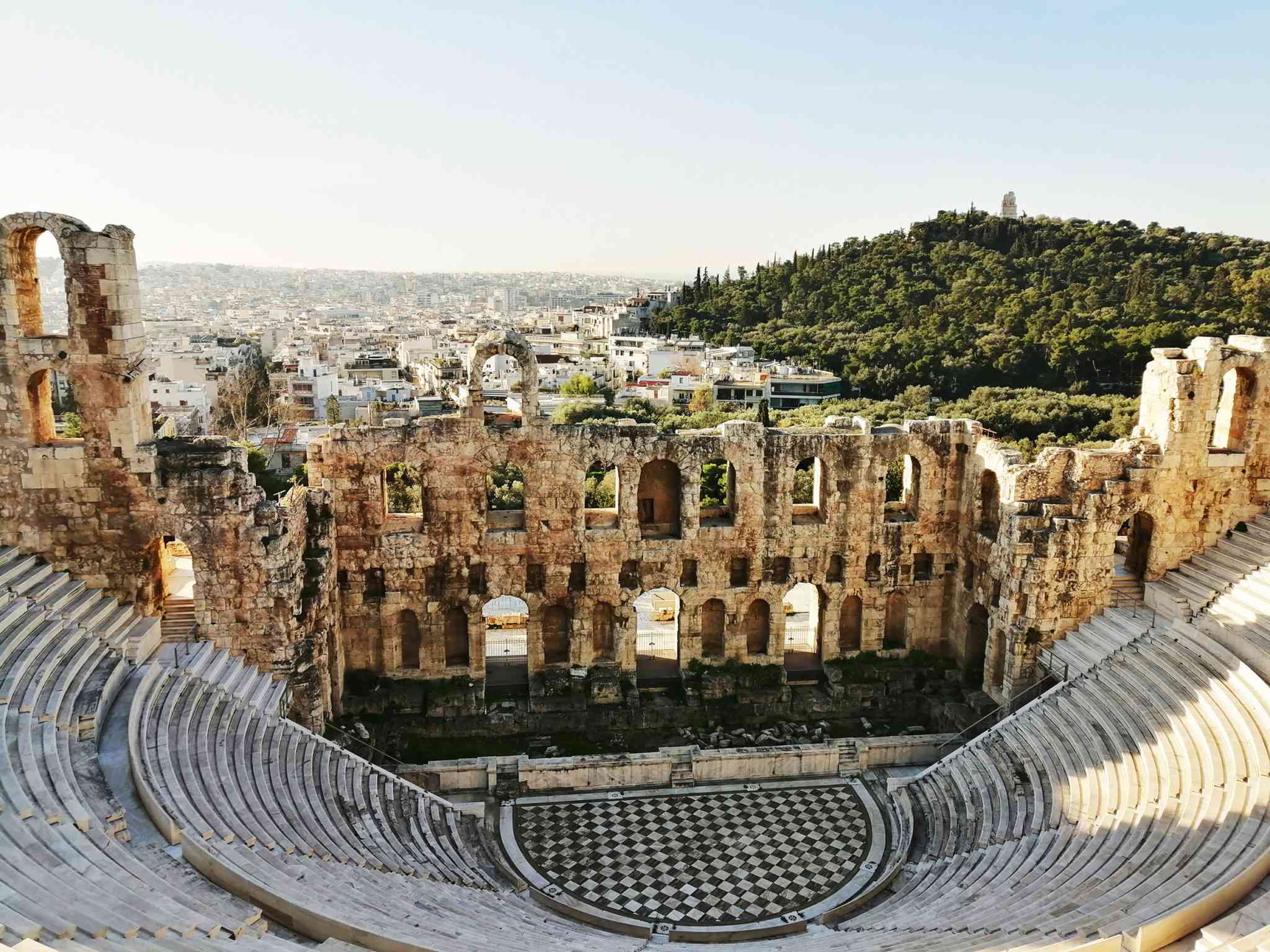Sources of Athens’ Water Supply
Athens gets its tap water primarily from two major surface water sources - Lake Marathon and Lake Yliki. Lake Marathon, located close to the city, has a capacity of 41 million cubic meters and is tapped through the Boyati tunnel. Lake Yliki is located 60 km northwest of Athens and has a larger capacity of 590 million cubic meters. Its water is also tapped through tunnels and transported to Athens. These two major surface water reservoirs provide a clean and reliable source of water for Athens’ large population.

Treatment and Quality Standards
Athens’ tap water undergoes rigorous treatment processes to ensure it meets the highest quality standards for drinking water. It is treated according to EU and World Health Organization guidelines before being distributed through the city’s water network. Regular water quality tests are also conducted to maintain compliance with international drinking water parameters. As a result, Athens water is considered safe for drinking by global health organizations like the CDC.
Safety for Consumption
Most locals in Athens drink water directly from the tap without any issues. International reports and statistics from websites like tapsafe.org have also confirmed the water’s safety. However, if you live in an old building with rusty or lead pipes, it’s best to use filtered water as a precaution. Hotels will also notify guests if the in-room water is unfit for drinking. Overall, Athens residents and visitors can feel assured that consuming tap water is safe.
Alternative Options
While tap water quality is not a concern, some may prefer other options due to taste preferences. Bottled water sold in local supermarkets provides a cheaper alternative that is widely available. Restaurants will also serve both bottled and tap water. For travelers wanting extra assurance, popular bottled water brands like Evian or Voss offer a convenient portable solution. High-end eateries may provide bottled water by default, but diners can always request tap water instead.
Main Water Sources
The two major surface water reservoirs sustaining Athens’ supply are Lake Marathon and Lake Yliki. Lake Marathon is the closest at just 15 km from the city center. At 41 million cubic meters, it is considered the primary source and supplies over 30% of the area’s water needs. Further northwest, the larger Lake Yliki holds 590 million cubic meters of water and contributes nearly 20% to the total supply. Athens relies on these two major lakes as its base water sources to quench the needs of a metropolis home to millions.
Backup Underground Reservoirs
In addition to lakes Marathon and Yliki, Athens also taps three underground reservoirs as supplemental sources during times of shortages. The Mornos Reservoir holds about 780 million cubic meters of groundwater and the Evinos Reservoir has a 140 million cubic meter capacity. A network of 105 boreholes across three aquifers provide another buffer during low-rainfall periods. These backup sources help ensure water security even during droughts or emergencies to consistently supply households and industries.
Water Management Authority
The Athens Water Supply and Sewerage Company (EYDAP S.A.) is the public utility responsible for water provisioning in Athens and neighboring Piraeus. Formed by the merger of two previous companies, EYDAP manages sourcing from the various reservoirs, treatment processes, and distribution infrastructure serving millions of users. Under EYDAP’s stewardship, Athens residents enjoy access to safe and abundant tap water thanks to a well-coordinated system sourcing and supplying water from multiple inland and underground locations.
Conclusion
In summary, Athens relies on surface waters from lakes Marathon and Yliki as its primary supplies, which undergo rigorous treatment to deliver safe drinking water. Supplemental underground reserves provide backup during shortages while rigorous quality monitoring maintains compliance with international health standards. As a result, consuming tap water in Athens presents no risks to health according to worldwide authorities. Visitors can choose filtered tap or bottled options with full confidence in the city’s water services.

 Les choses à faire à Jurong, Singapour
Les choses à faire à Jurong, Singapour